There are no ‘UK abortion laws’
by Maev McDaid (contact: medb@trademarkbelfast.com)
‘A dark day for women in the United Kingdom’ is the sort of earnest and well-meaning statement the British feminists are making on twitter in regard to the horrendous sentencing in England earlier this week. A woman has been sentenced to prison for 28 months for inducing an abortion. The criminalisation of women for having abortions is not new in the contemporary ‘United Kingdom’ so phrases like this speak to an ignorance of experiences we have faced and continue to face in the North of Ireland, which for the time being, remains legally part of the United Kingdom (though it has entirely different rules and laws).
My teenage years were dotted with conversations at our all-girls school on what we might do and where we might go if we needed an abortion, something entirely illegal in Derry in the 2000s. Back in 2014 I found myself holding the ‘end the hypocrisy, extend the (1967 Abortion rights GB) Act’ banner on the Bloody Sunday march in Derry with other members of Alliance for Choice Derry, just 7 months after I myself had to have an abortion in England.
I remember the glares and criticism we got from people around us. ‘What does abortion have to do with Bloody Sunday?’ people asked. Well, the British Government’s denial of rights to those who wish to end a pregnancy is a huge injustice and one that must be fought, we argued. We eventually won our place among the majority of groups in attendance, but it remains a divisive issue in the republican movement. This was against the backdrop of the criminalisation of Irish women through courts in Belfast using the Victorian British law which was common right up until 2018.
Looking back, all of us in Alliance for Choice Derry would agree that extending the 1967 Abortion Act was the most timid demand we could ask for, but it was a starting point. This act allowed for abortions on certain terms. Crucially, it did not decriminalise abortion in Britain, but over the decades had become so accepted that for us in the North of Ireland, and indeed across Ireland, we looked to it as a vast improvement on our archaic laws.
The death of Savita Halappavanar, a dentist who died in the Republic of Ireland after she was denied a life-saving termination, was a rallying cry across Ireland. The reproductive rights movement escalated and, six years after her tragic death at the hands of the Irish state, the 8th was repealed from Bunreacht na hÉireann. Buoyed by this success, and having played a big role in it, activists in the North of Ireland,denied any democratic processes with the dysfunctional Stormont government which is still not sitting,embarked on a slightly different journey to demand change to the 1861 Defences Against the Person Act that was in place; a direct law from Victorian Britain upheld by consecutive governments in Westminster.
For 100 years Westminster wished to rule us as British citizens, but never afforded us the same rights as citizens in Britain. From housing, policing, education and all functions of society, we were second class and this is all too apparent in the way in which women from the six counties are treated. This is why it is so essential feminists from across Britain and Ireland do not clumsily refer to a notion of ‘UK abortion laws’. These have never been universal.
It was maybe inevitable to see outraged British feminist responses to the roll back of abortion laws in the United States accompanied by a total denial and blindspot that so-called citizens were fighting for access under and within British structures. This myth that the ‘Handmaid’s tale’ treatment of women was making a comeback ‘over there’ while it never left ‘over here’ was prevalent. Yet, it had become so widely accepted that abortion wasn’t penalised in the ‘United Kingdom’ that we, people from the North of Ireland, became whitewashed and this narrative prevailed throughout the Repeal the 8th campaign too. It also speaks to why perhaps people in England are so surprised by the ruling – this is a law we know too well.
My friends and I would stand outside the Irish Embassy in London, listening to speeches made by Irish people from the Republic of Ireland, about how women had to fly to the ‘United Kingdom’ (sic) for abortions. It was such an undermining, powerfully incorrect, and yet somehow entirely common mistake that was made.
In 2018, Westminster rescinded the 1861 law in the North of Ireland, which, ironically, is now the only place in the so-called ‘United Kingdom’ where abortion is decriminalised, but there is still very limited access to this healthcare. Health and Social Care Trusts are providing early medical abortion and are training doctors in MVA so surgical abortions should be soon available to those over 10 weeks who currently still have to travel to England. However, it should come as no surprise to anyone who is aware of the complexities of Irish-British relations that dictating solutions to our problems from Westminster, whether it be our borders, our language or our bodies, falls foul of the most basic democratic standards.
The laws were there in the first place because of the colonisation of Ireland. It is no favour to us, 150 years later, to change laws they had no business creating. Our reproductive freedom, and indeed any of our basic human rights, should not be given as a favour from an institution that does not represent ordinary people in the North of Ireland. But what else can we do?
We are at an impasse in the North of Ireland, where abortion is legal but few practices provide the service and there is no sitting Government. In the Republic of Ireland, abortion remains hard to access, particularly for those most vulnerable in society. We now see in England courts are implementing the same laws they were using in Belfast just 5 years ago to criminalise women for procuring an abortion. The despicable and terrifying outcome in England yesterday and the fight-back must match the rage we all feel that this can happen. We can never take abortion rights for granted, especially in countries such as Britain where it is tolerated, but not legal.
It is also important to never fall down the trap of claiming there are ‘UK abortion laws’. To do so is to whitewash decades of struggle faced by those living in Ireland who have had their own unique, but forgotten about and actively-erased campaign to demand full bodily autonomy. We stand with pro-choice organisations and individuals in Britain and support campaigns worldwide to legalise abortion and improve reproductive rights. But our fight is for democracy as a people treated as ‘subjects’ not the fight that people in Britain face, who are free to demand their rights as citizens.
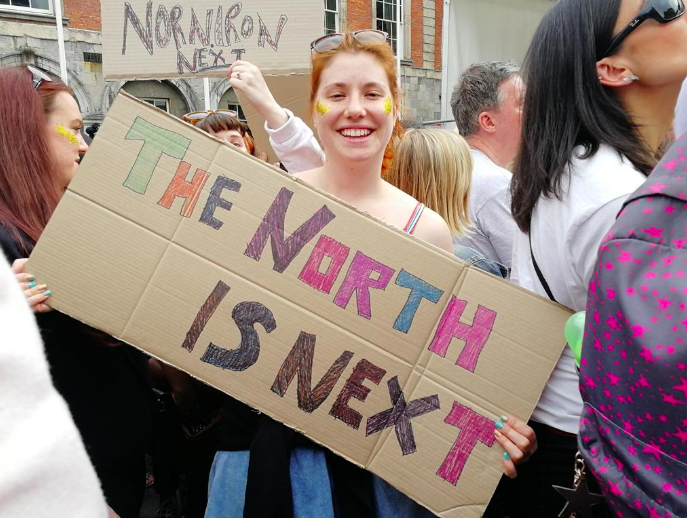
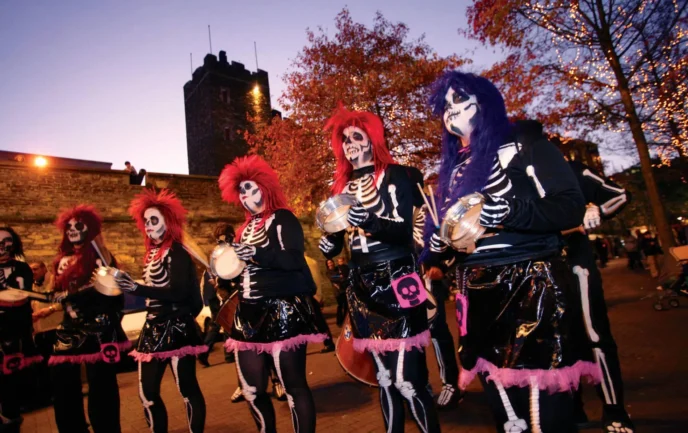

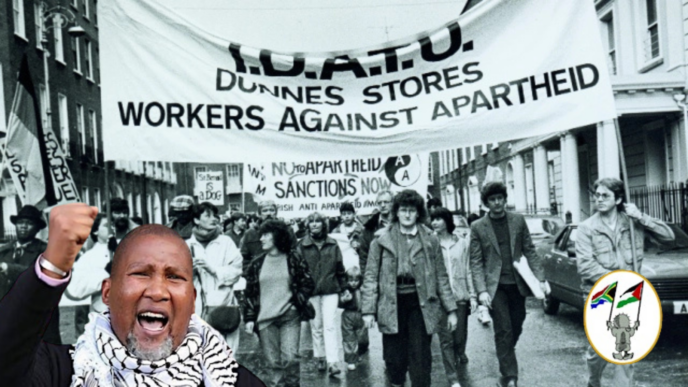
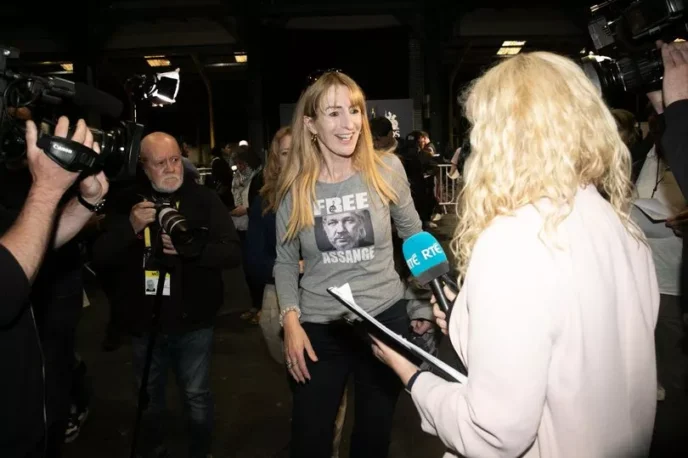






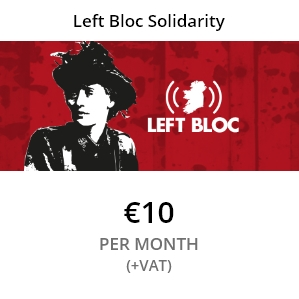


Comments